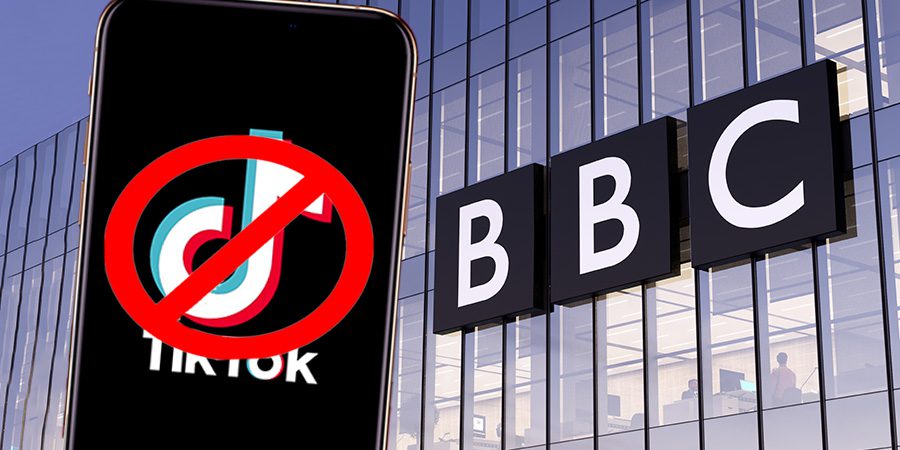Subscribe
"Unlock exclusive insights and elevate your financial wisdom with NetWorth.com — subscribe now to stay ahead in the wealth game!"

In this article, we’ll look at the reasons behind the BBC’s recommendation to its employees to remove TikTok from their corporate mobile devices and the impact of this decision on the media industry and other organizations.
Key Takeaways:
The British Broadcasting Corporation (BBC) has recently instructed its staff to delete the Chinese-owned social media app TikTok from their corporate phones.
This comes after the UK government banned TikTok on government-issued devices due to concerns about sensitive data potentially being accessed by the Chinese government, as the app is owned by Chinese internet company ByteDance.
The primary reason behind the BBC’s decision is the growing apprehension surrounding data privacy and security.
Several government authorities worldwide have raised these concerns, leading the BBC to advise its employees to consult with the organization’s information security team if they have TikTok installed on their personal phones, which they also use for work.
Despite the directive, the BBC will continue to allow the use of TikTok on corporate devices for editorial and marketing purposes.
The organization’s TikTok channel has been active for over a year, and they have employed a team of four TikTok specialists to help reach new audiences.
Denmark’s national broadcaster, DR, became the first to ban TikTok from staff work devices earlier this month.
The US, Canada, Belgium, and the European Commission have also implemented similar bans on government phones.
The primary concern is the possibility of harvested data being shared with the Chinese government through TikTok’s parent company, ByteDance.
Though TikTok claims not to share data with China, the country’s intelligence legislation requires companies to assist the Communist party when requested.
Critics fear this policy could expose user data to Beijing and raise concerns about China using technology against the West.
There are also worries about the Chinese state gaining access to TikTok’s recommendation algorithm to manipulate user experiences.
TikTok has consistently denied any wrongdoing and refuted allegations of Chinese state interference.
The company believes that bans are based on “fundamental misconceptions” and driven by geopolitics.
They remain in close dialogue with the BBC to address any concerns.
The BBC’s decision to advise staff members to delete TikTok from corporate phones highlights the growing apprehension about data privacy and security, particularly in relation to potential Chinese state interference.
While the app remains permissible for editorial and marketing purposes, this move may prompt other media organizations to reevaluate their relationship with TikTok and similar platforms in the future.